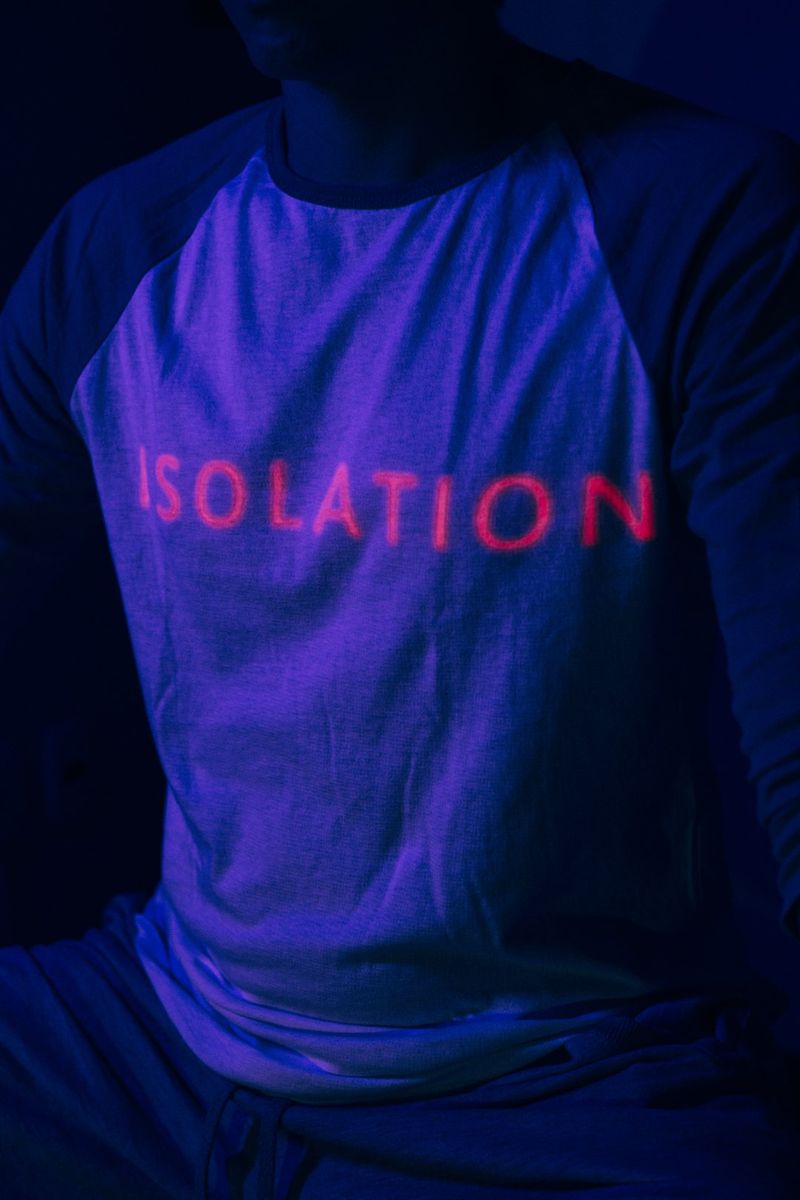Table of Contents
Isolation, Solitary Confinement, and the Cruel Treatment of Australian Youth and People with Disabilities
The Plight of Michael and the Widespread Use of Solitary Confinement
Imagine spending over 20 hours a day locked alone in a minuscule cell for more than 500 days. For Michael, an Aboriginal teenager with an intellectual disability, this was his reality while in pretrial detention at the Townsville youth prison in Queensland, Australia. Michael’s traumatic upbringing, marked by neglect and domestic violence, left him severely traumatized. However, despite being referred to adolescent mental health services in prison, Michael received no support. It is important to note that the services in place were ill-equipped to address such trauma.
According to prison authorities, Michael’s prolonged solitary confinement was primarily a result of staff shortages rather than his behavior. Disturbingly, a recent investigation by The Guardian into the same prison uncovered that cell-block lockdowns were so prevalent that some children as young as 13 were subjected to solitary confinement for up to 45 days at a time. While isolation can be psychologically damaging to any prisoner, its impact is particularly devastating for children and individuals with psychosocial or intellectual disabilities.
The Psychological Impact and Violation of Human Rights
The use of solitary confinement on children and individuals with mental disabilities has been denounced as “cruel, inhuman, or degrading treatment” by the United Nations expert on torture. Yet, in Australia’s prisons, this brutal practice remains alarmingly common. A Human Rights Watch investigation across 14 adult prisons in Queensland and Western Australia revealed that people with disabilities were disproportionately represented in solitary confinement units, largely due to a lack of staff training and an inability to understand behavior resulting from a disability.
This warehousing of prisoners with disabilities in solitary confinement not only causes severe psychological distress but can also push individuals to self-harm or even suicide. The Guardian and Youth Detention Inspector reported that in South Australia’s youth detention centers, where staff shortages lead to children being locked up for over 23 consecutive hours a day, self-harming has become a desperate means for some to escape their cells and receive medical attention.
A Call for Change and Reform
On Friday, Australia’s National Children’s Commissioner called for a nationwide ban on using solitary confinement as a means of discipline or control for children in detention, stressing that it is never acceptable, regardless of its duration. It is essential that this dehumanizing practice is eradicated from Australian society. The government must take immediate action to ban solitary confinement for children and people with disabilities. Additionally, there must be a concerted effort to provide adequate access to quality mental health services within correctional facilities.
The use of solitary confinement must be critically examined within the broader context of criminal justice reform. The overrepresentation of individuals with disabilities in solitary confinement units highlights a systemic failure in ensuring equal treatment and fair access to justice for all. Proper staff training and an understanding of the unique challenges faced by individuals with disabilities are crucial steps towards creating a more inclusive and equitable justice system.
Conclusion
The case of Michael and the widespread use of solitary confinement in Australian prisons are deeply troubling and raise serious concerns about the treatment of vulnerable individuals within the criminal justice system. The long-lasting psychological harm caused by isolation calls for immediate action and reform. Australia must prioritize the well-being and rights of youth and people with disabilities, and this begins with a decisive ban on solitary confinement and the implementation of comprehensive mental health services in prisons. Only through systemic change can we ensure a more just and compassionate society.

<< photo by Daniel Monteiro >>
The image is for illustrative purposes only and does not depict the actual situation.
You might want to read !
- The Assault on Democracy in Poland Continues with New Law to Bar People from Public Office
- Preventable Drownings in Italy: A Damning New Investigation
- “Uncovering the Buzz: 10 Fascinating Secrets about Bees”
- “Exploring the Urgent Need for a Global Ban on Cluster Munitions”
- Lebanon’s Judiciary Continues to Undermine Freedom of Expression and Judicial Independence
- The Mekong: A Conduit of Artistic, Culinary, and Cultural Riches
- Abolishing Japan’s ‘Hostage Justice’: A Path to a Fairer Legal System
- “Acquittal of human rights defenders marks a step towards justice in Turkey”
- Egypt’s Arbitrary Travel Ban on Researcher Ahmed Samir Santawy Must Be Revoked
- UAE’s Crackdown on Civil Society: Implications for COP28
- Protesting for Change: From the Arctic to the Amazon
- The Persecution of Activism: Tatyana Kotlyar’s Conviction and Russia’s Crackdown on Migrants’ Rights
- Burkina Faso’s Army: A Dark Shadow of Unlawful Killings and Enforced Disappearances
- The Philippine Government Under Marcos: A Failing Stance on Human Rights
- Venezuela: International Criminal Court Approves Investigation into Human Rights Abuses
- “The Trial of Top Russian Human Rights Defender: Examining the State of Human Rights in the Country”
- Uzbekistan’s Imprisoned Lawyer: A Test of the Country’s Reform
- Why Pakistan Must Keep Civilians Out of Military Jurisdiction
- Spain’s Sizzling Summers: The Need for an Effective Heatwave Response Plan
- “From Overfishing to Microplastics: Why Tuna Requires Urgent Rethinking”
- “Morocco’s Imprisoned Academics and Journalists Denied Access to Reading and Writing, a Violation of Freedom of Expression”